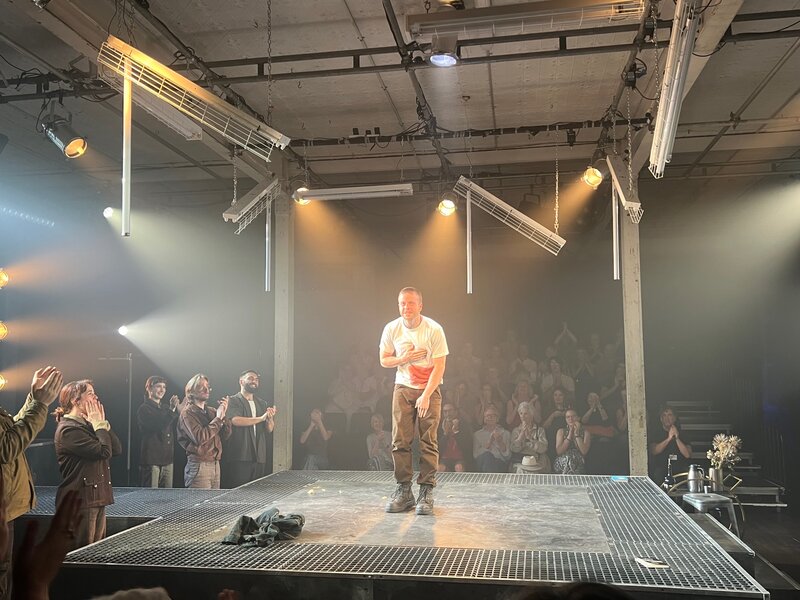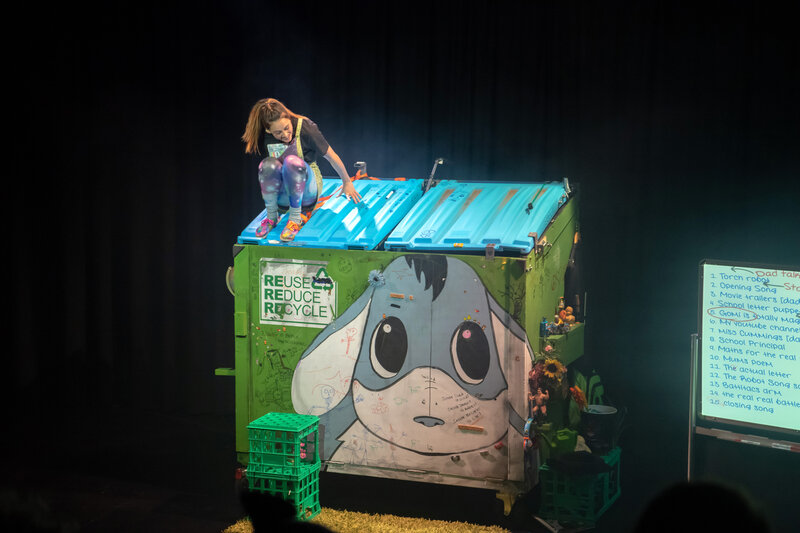Documentary filmmaker Steve Thomas has been interested in exploring the plight of refugees who have spent time in enforced detention after arriving on Australia’s shores by boat from war torn countries like Afghanistan or Iraq. His previous films include Hope, which followed Iraqi refugee Amal Basry, a survivor of the SIEV X disaster in which some 350 refugees drowned, and 2001’s Welcome To Woomera, a look at the notorious detention centre in a remote and harsh location. It was there that he met a number of refugees, and was moved by their stories. Many of them arrived at the time of the Tampa controversy and were confined to detention centres in Woomera at the time of the riots and protests.
 Thomas visits many of these former refugees as they establish a new life in their new country. Filmed over the course of four years, Thomas follows thirteen refugees, and uncovers some common threads in their stories as they talk of their struggles in coming to Australia and their struggles to adapt to life in Australia. But not all of their stories are as interesting or as compelling.
Thomas visits many of these former refugees as they establish a new life in their new country. Filmed over the course of four years, Thomas follows thirteen refugees, and uncovers some common threads in their stories as they talk of their struggles in coming to Australia and their struggles to adapt to life in Australia. But not all of their stories are as interesting or as compelling.
When they arrived here most of them were identified merely by a number. But now they have worked hard to establish themselves and their identity in their new home, and Freedom Stories sets out to acknowledge this. We meet people like Mustafa, a refugee from Afghanistan, who was ten when he arrived in Australia and spent several years in Woomera. His younger brother, of whom he is obviously protective, was actually born in detention. Mustafa now works as an apprentice mechanic, and many of his customers are unaware of his background. There is also Amir, who works as a real estate agent, and Arif, who worked as a tiler, and one of his first jobs was decorating Molly Meldrum’s pool area. He has since gone on to establish his own business.
Many of them still bear the emotional scars and are traumatised by their experiences in the cramped conditions of these detention centres. Some still suffer from anxiety attacks and depression. Often the words of his subjects appear on the screen to emphasise certain key points. Despite the hardships most of the refugees endured, Freedom Stories remains remarkably upbeat and optimistic. Thomas is compassionate and sensitive. He adopts a rather informal and laid back style style here as he gently questions his subjects about their experiences that gives the material a more intimate feel.
The film lacks the usual histrionics and strident tone that surrounds the refugee debate. Freedom Stories is not overtly political in nature and doesn’t really engage in the ongoing debate about asylum seekers, offshore detention or the controversial border protection policies of the government.
The film has a rather unusual structure and it unfolds in largely nonlinear fashion. Thomas introduces us to his subjects and teases us with some information about their stories before moving on to another story. It may have been better if Thomas had selected a handful of the more interesting refugees and explored their story in more depth. In the second half of the film he returns to revisit many of them to see how their lives have progressed. This occasionally gives the material a disjointed feel. It may have been better to have explored each individual story in more detail and depth in one single segment. One gets the feeling that much of the material would be better suited to a television documentary series.
Director: Steve Thomas
Release date: 23 July 2015 (limited)
Rated: M
Greg King

David Edwards is the former editor of The Blurb and a contributor on film and television




